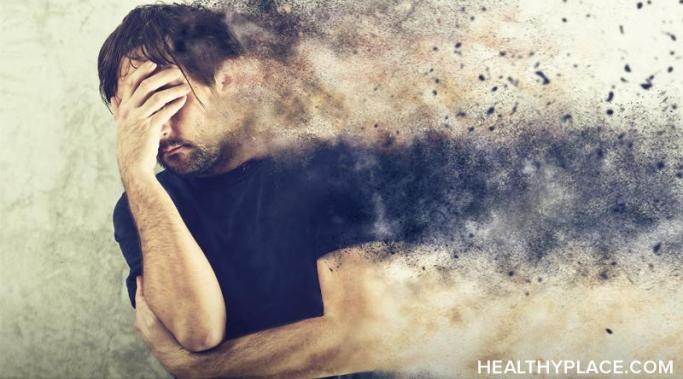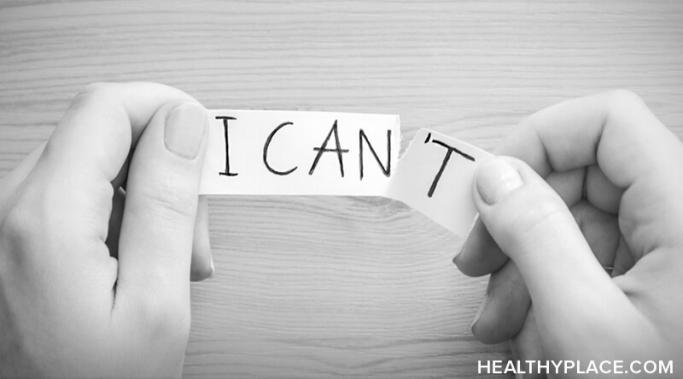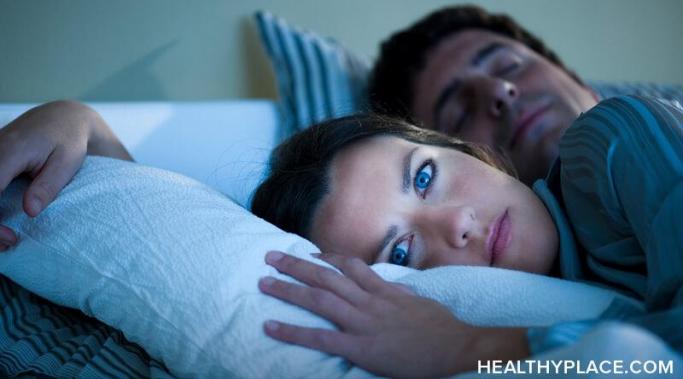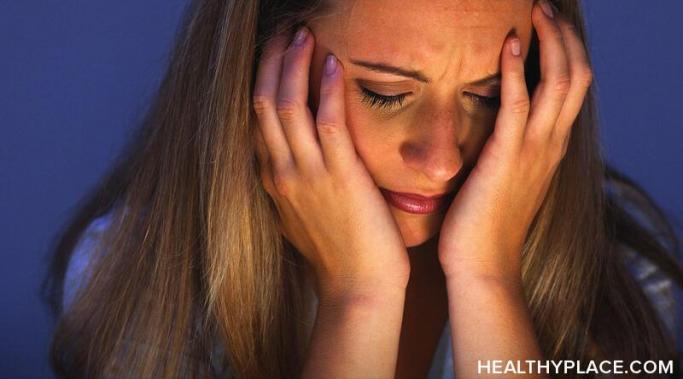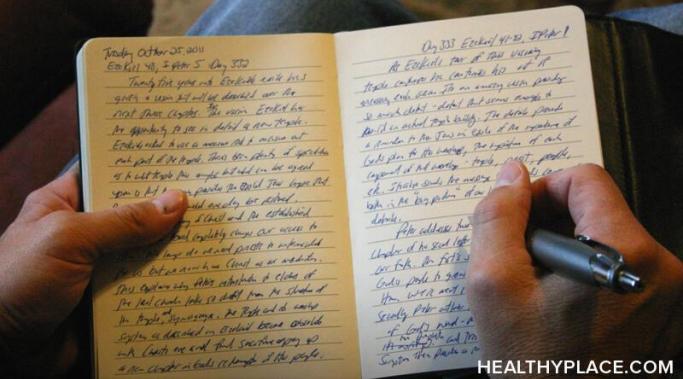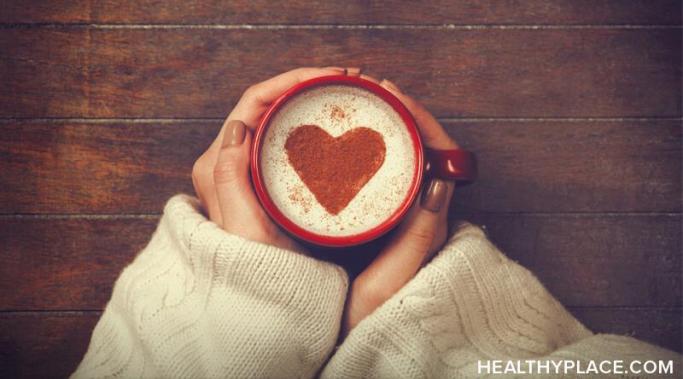I've found that emotional flashbacks are not as commonly discussed as "regular" flashbacks in posttraumatic stress disorder (PTSD). When I was first diagnosed with PTSD, I questioned my diagnosis because I hadn’t been experiencing the common symptom of a “flashback.” Flashbacks are a major part of PTSD, typically occurring in the form of visual memory and negatively stimulating our physical senses. However, I learned that many people — myself included — experience “emotional flashbacks,” or intense feelings of fear, shame, anger, and despair that are associated with a specific trauma.
Trauma! A PTSD Blog
Battling self-doubt during trauma recovery can feel like an impossible feat. In my experience with posttraumatic stress disorder (PTSD), self-doubt is one of my most difficult struggles. I often compare myself to other people, second-guess my decisions, and pick myself apart until I feel unworthy and powerless. The vicious cycle of self-doubt in trauma recovery can be debilitating at times.
After enduring childhood trauma and developing posttraumatic stress disorder (PTSD), I battled an intense fear of loss. Not only was I sexually assaulted at the young age of four, but that same boy threatened my safety as well as my family's. If I told anyone what he did, he would retaliate. While I can rationalize in adulthood, my young brain couldn't comprehend the validity of his menacing warnings. I truly believed my family's lives depended on my ability to stay quiet. Now, in trauma recovery, I fear loss.
Feeling safe after enduring trauma or developing posttraumatic stress disorder (PSTD) can be a challenge. Growing up, I had a persistent uneasy feeling in my gut that manifested as a constant stomach ache. After being sexually assaulted by another (though older) child, I found myself unable to feel at ease in my own body. I worried not only about my personal safety but also my family's — especially since the boy threatened to hurt me and my loved ones if I told anyone what he did to me. Feeling safe with PTSD turned out to be very hard.
Embracing your sensitivity can be difficult in a society that often shames us for feeling too much or too deeply. Heavy emotions grip your gut. Memories send chills down your spine, reminding you of where you've been. The pain screams so loudly you can't ignore it. And it feels like you're the only one who's so sensitive and processing life at this capacity.
The idea of healing trauma through writing might feel too good to be true. When I was a kid, I used to sit on my bed in the moonlight and craft fictional stories in my mind. I'd spend Friday nights with fairy lights decked across my room and draft poetry and lyrics about my current situation. I'd journal before falling asleep to release any fear or obsessive thoughts that were clouding my head. Little did I know I was healing trauma through writing.
When healing from trauma, I have found that having a community is important. Although there are times I feel tempted to isolate myself when I'm struggling with my mental health, I have always felt better after reaching out to loved ones for support. This is especially the case when I seek out people who have been through similar traumas or share similar passions. Finding a community in which I feel welcomed and safe has done wonders for my healing from trauma.
You can reclaim your power after trauma, although it can be challenging. A common issue I battle from my posttraumatic stress disorder (PTSD) is the feeling of powerlessness. I've found it's hard to foster empowerment after enduring a difficult or complex trauma — even when it gets set off years later. While PTSD might be an ongoing battle for many, with the effects of trauma often lingering, there are ways you can lessen its weight. Here are six habits I've been practicing to help reclaim my power.
I realize I need to be my own hero, but it's hard. As someone with a highly self-critical brain and a history of trauma and posttraumatic stress disorder (PTSD), I often struggle to take control of my own healing. In my experience, it's tempting to turn to others during difficult moments (which is completely okay and necessary sometimes) rather than turning inward and finding my own resilience. Self-sabotage takes merit over self-love and self-care, and before I know it, I'm spiraling into anxiety and grief, looking elsewhere for someone to do the work for me — to be my hero.
Seeking validation from others is often demonized today. We are made to feel guilty for this human desire — for craving attention, reassurance, and support. And while it's healthy to give yourself the validation you're searching for, shaming yourself for seeking validation from others will not help you.
